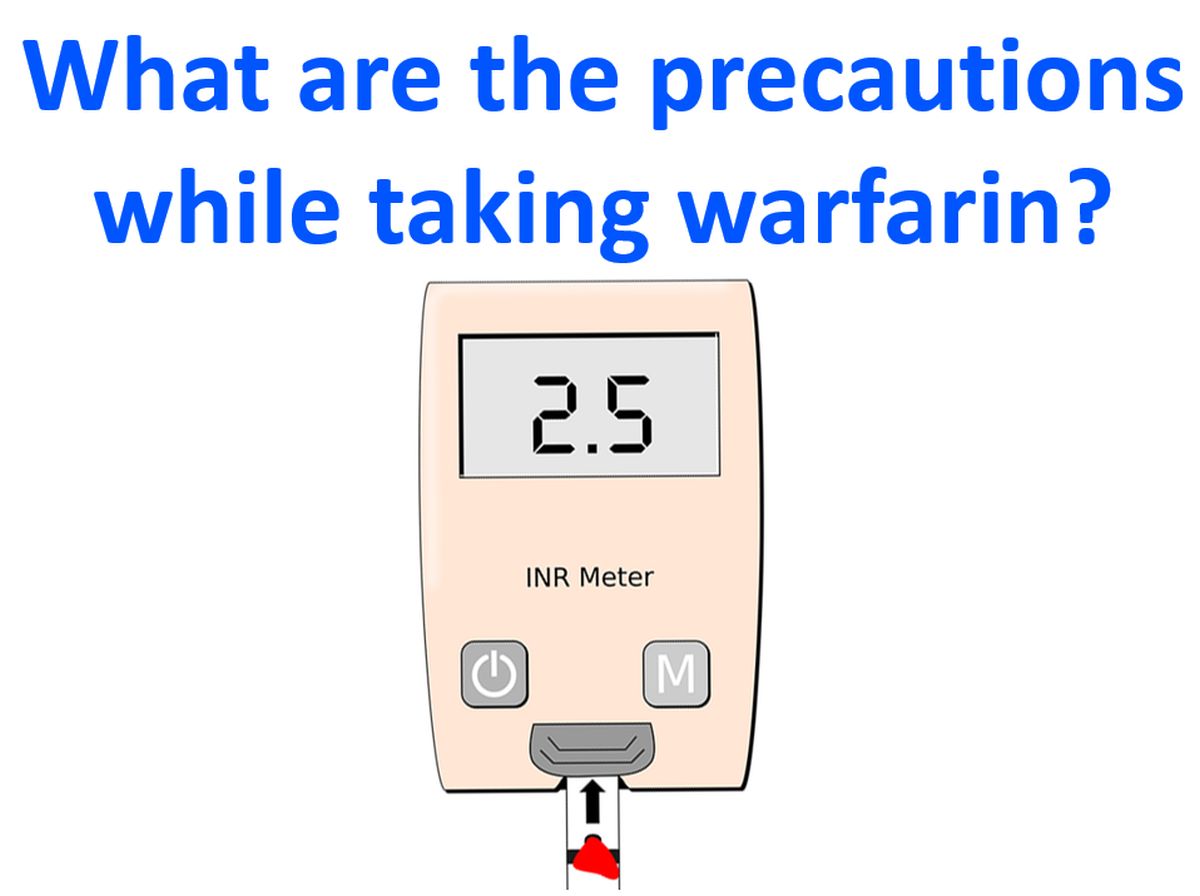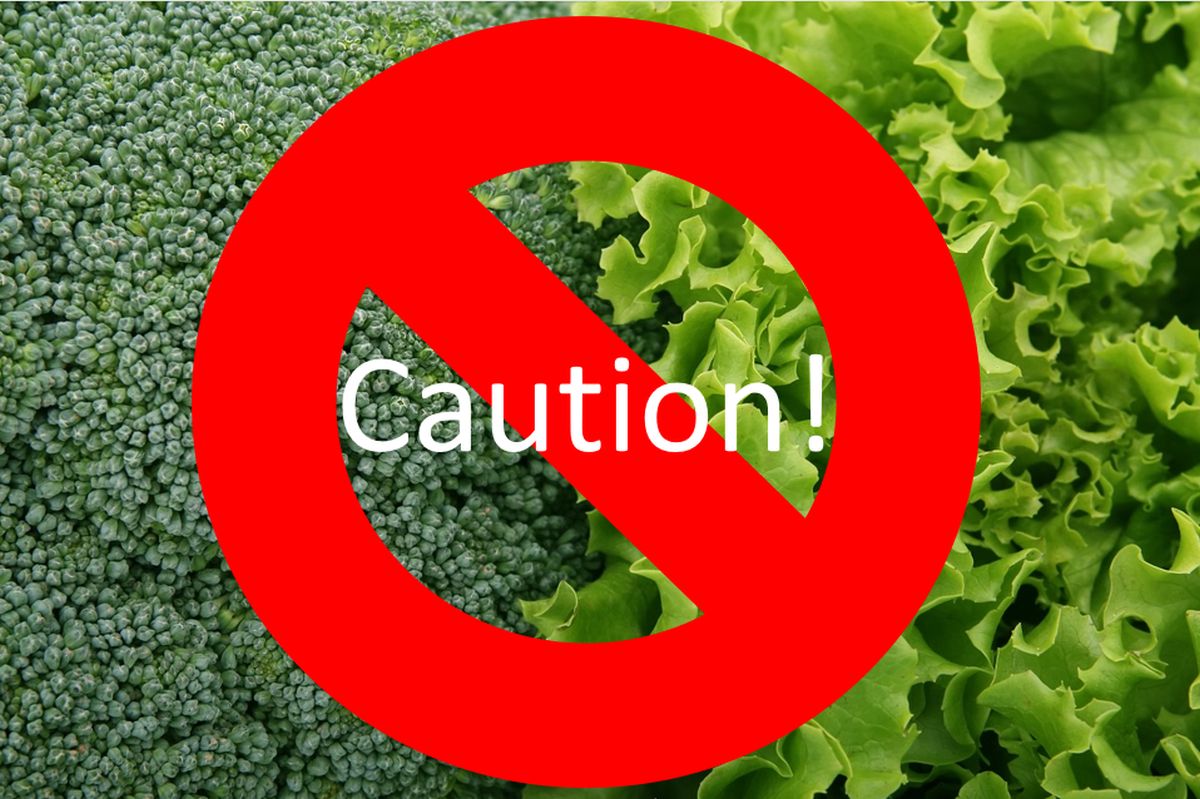What are the precautions while taking warfarin (coumadin)?
What are the precautions while taking warfarin (coumadin)?
Warfarin is an oral anticoagulant used to prevent clotting in certain critical regions of the circulation. It has a narrow therapeutic index, meaning that the range between the minimum effective dose and toxic dose is narrow. Hence treatment with the drug has to be closely monitored. This done by checking the prothrombin time, a blood test at least once a month and adjusting the dose of the medication accordingly. The prothrombin time is standardised to get an international normalised ratio known as INR.

If the INR value of blood is high, there is a chance for major bleed and if it is low, there is a chance for clot formation in those who are predisposed to it. So the most important precaution is to monitor prothrombin time with INR determination regularly. Another important aspect is to look for evidence of bleeding, which may not be obvious if it is an occult blood loss through the bowels or a slow internal bleeding.
A drop in hemoglobin or appearance of general pallor should alert one to this possibility. Individuals on the medication should be careful about taking other drugs. Many drugs interact with warfarin, some enhancing its action while others decreasing its action. Warfarin in turn may also enhance or decrease the action of other drugs. Since warfarin acts by inhibiting the synthesis of Vitamin K dependent clotting factors, intake of food rich in Vitamin K like green leafy vegetables, will reduce the action of warfarin. Drugs like antibiotics which inhibit the growth of gut bacteria which synthesise Vitamin K can enhance the action of warfarin in the body.
